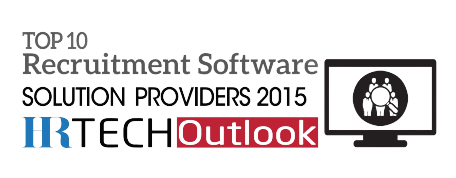Whether you are faculty receiving the performance reviews, or the one giving the review, navigating this process effectively requires a combination of strategic planning, self-awareness, and the right tools. Here are five essential tips and tools to help tenure-track faculty excel in their performance reviews.
The 5 Tips & Tools:
Tip: Review Institutional Guidelines
- Understanding the review process and the criteria are the key components to mastering performance reviews. This gives both the reviewee and reviewer a guide to follow and know what is to be expected during the process. Familiarize yourself with the outlines and expectations in teaching and research. Understanding these criteria will help you tailor your self-assessment or deliver an effectual performance review.
Tool: Use an Academic Management Software
- Documentation is a vital component of the performance review process. Continue to update your resume to reflect your latest publications, grants, teaching evaluations, and community service. Also maintain a log of significant accomplishments, such as awards, conference presentations, and collaborative projects to always refer back to and have stored in one place.
Tip: Engage in Peer Reviews and Mentorship
- Feedback from colleagues in the same role as you can be helpful in understanding areas of improvement and getting insight into what you already do well. Ask your colleagues to sit in on a lecture and give their honest feedback. You can also find a mentor who has more experience than you (and also received a review from the same institution/supervisor) to sit in and listen. If you’d like to invite multiple people at once to review, you can send a survey form (like a google form) and ask them to fill it out anonymously after the lecture to get a better picture of your strengths and areas of potential improvement.
Tool: Self-Assessment Templates
- Preparing a self-assessment that highlights your achievements: successful research projects, teaching innovations, and contributions to your department, is one way to really prepare yourself for a performance review. This can also help boost your confidence! Also in this self-assessment, you can reflect on any challenges you faced and describe how you fixed them, or how you plan to in the future.
Tip: Utilize Data to Support Your Claims
- Analyzing your data and analytics can easily provide evidence of your impact and performance. You can use data from your colleagues’ feedback, like what you were complimented on and how you impacted their teaching techniques and also use feedback from your students, like what they enjoyed about your teaching style. Using this data can help strengthen your case during the review process. You can also use your student’s testing scores and evaluations to show your successes as a tenure-track faculty member.
Navigating performance reviews as a tenure-track faculty member can be challenging, but with the right preparation, you can present a strong case for yourself. Understanding the review criteria based on your institution, organizing your achievements and accomplishments, seeking regular feedback, preparing through self-assessment, and utilizing data are all key factors in this process. By following these tips and utilizing these tools, you’ll be better prepared for your performance reviews.
























































































